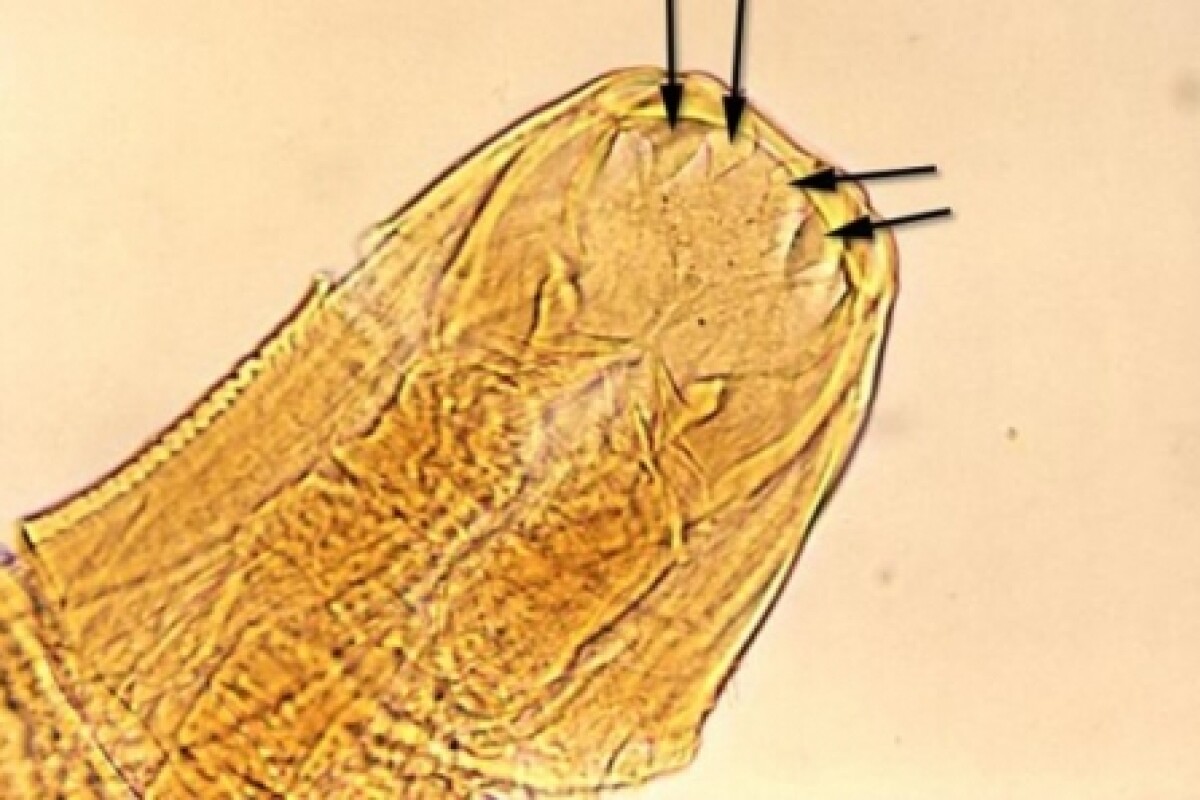There has been a worldwide increase in the prevalence of asthma and other allergies over the last century. With the biggest jump in cases coming from the developed world, it's been theorized that the rise in such diseases could be the unintended result of the success of modern hygiene in preventing childhood infections. A new study conducted in Vietnam has added credence to the view that parasitic gut worms, such as hookworm, could help in the prevention and treatment of asthma and other allergies.
Thanks to improved hygiene practices, parasitic worms have been mostly eradicated among human populations living in developed countries. However, experts believe that, over millions of years of co-evolution, worms have found methods to dampen down host immune responses to prolong their own survival inside humans. This relationship seems to have become so intertwined that, without gut worms or other parasites, our immune system can become unbalanced, which in turn could contribute to the development of asthma and other allergies.
Led by Dr Carsten Flohr, a Clinical Scientist from The University of Nottingham, and Dr Luc Nguyen Tuyen from the Khanh Hoa Provincial Health Service in central Vietnam, the study is the largest double-blind placebo controlled clinical trial to date looking at the potential links between hookworm and other gut worm infections, and allergic conditions such as asthma and eczema. The study was conducted in a rural area of central Vietnam where two out of three children have hookworm and other gut parasite infections and where allergies are extremely rare. More than 1,500 schoolchildren aged 6-17 took part.
The team investigated whether repeated tablet treatments to clear the body of gut worms made it more likely for children to develop allergic conditions. While the treatment did not demonstrate an effect on asthma or eczema, the treated children had a significantly increased risk of having a positive allergy skin test to house-dust mites and cockroach. This suggests that gut worms have the potential to tone down human immune responses and so further research is now needed to identify precisely how gut worm infection can prevent allergic sensitization.
As up to 80 per cent of people with asthma also have allergies to house-dust mites and other environmental allergens, additional research in this area could aid the creation of new treatments that work in the same way as gut parasites, by dampening down or rebalancing the immune system so that the body does not respond to allergens and trigger asthma attacks.
Dr Flohr says, “The next step is to understand exactly how and when gut parasites program the human immune system in a way that protects against allergic sensitization, and for such studies, follow-up from birth will be essential.”
But before you go treading barefoot into some of the warm, sandy, loamy soil that hookworms thrive in, be warned that gut parasites can cause severe disease and are a major cause of iron-deficiency anemia in developing countries.







